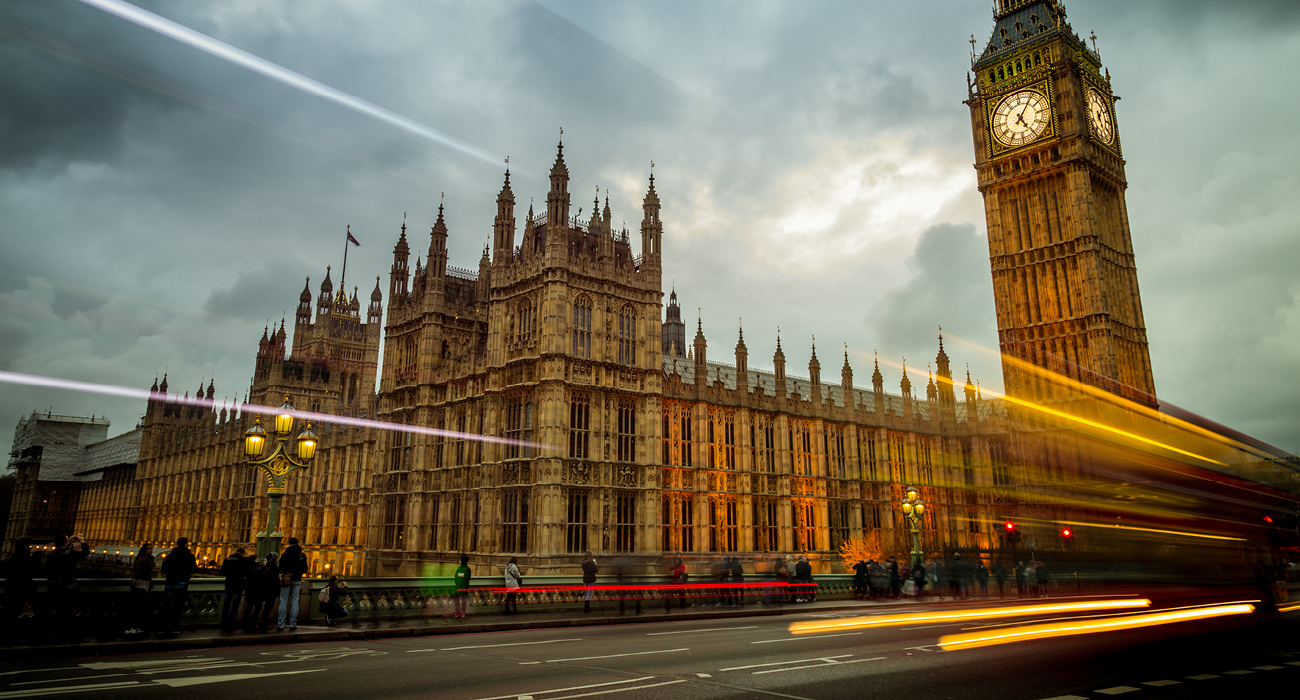Reducing unnecessary energy demand is one of the key measures highlighted by the government’s Energy Security Strategy. It’s seen as not only key for reducing the UK’s emissions, but also important to help facilitate greater energy independence from the global gas markets.
And at last, the new Energy Efficiency Taskforce – set up last year to spearhead 15% energy reductions in buildings and industry by 2035 – appears to be gearing up to offer support to consumers.
Two co-chairs have now been announced, to represent both the government and business.* And the first events are underway to bring together those in the industry to share best practice.
But for businesses wanting to take action now, where’s the best place to start?
Get clear on your data
According to a recent LinkedIn poll we ran, 44% of organisations now rank 'understanding energy use' as the key first step in reducing consumption.
Indeed, to maximise energy savings, it’s important to first understand exactly where and how your business is consuming energy – and how this translates to pounds spent.
The only way to do this is to get absolute visibility of what’s being used by all the different processes and activities in your business – from heating, lighting and powering equipment and machinery, to which sites use what and when.
An energy monitoring and data visualisation platform can be helpful here, although you could also record this information via a spreadsheet.
For monitoring individual processes, sub-metering can also provide invaluable insights.
Once you have data visibility, you can then compare sites, floors, areas – and start to spot anomalies.
Create a level playing field
As anomalies become clear – for example that the square metre/kWh usage on one floor, area or site is twice as much as another – you can then start to investigate why, and start to plan interventions.
For example, lighting or equipment may be left on all night, or too many windows are being opened while the heating is running, rather than adjusting the temperature.
Making the necessary adjustments will generate immediate savings that can free up more budget to focus on investing in other energy-saving measures, such as new lighting or improvements to building insulation.
Get help where you need it
Businesses often lack the time and resources to gather all the information they need and formulate the most effective plan.
This can include knowing which technology options would work best to upgrade existing equipment or systems, and analysing return on investment to meet budget requirements.
So reach out for expert guidance where you need it – for example, by arranging an energy audit. This will often more than pay for itself if you follow through on the advice you receive.
We have energy efficiency specialists who can help. Just speak to your Client Lead or Account Manager. Or get in touch here.
*Martin Callanan, a member of the House of Lords and Parliamentary Under-Secretary at the newly-created Department for Energy Security and Net Zero (the former Department for Business, Energy and Industrial Strategy, or BEIS) will be the government’s representative. And for industry, Natwest’s Chief Executive Alison Rose will join him.

/npm214%20Digital_H_UB102.jpg)
/npm214%20Digital_H_UB143.jpg)

/npm214%20Digital_H_UB94.jpg)
/npm214%20Digital_H_UB100.jpg)

/npm214%20Digital_H_UB127.jpg)
/npm214%20Digital_H_UB88.jpg)

/Author%20Profile%20Metcalf_Gareth_G.png)
